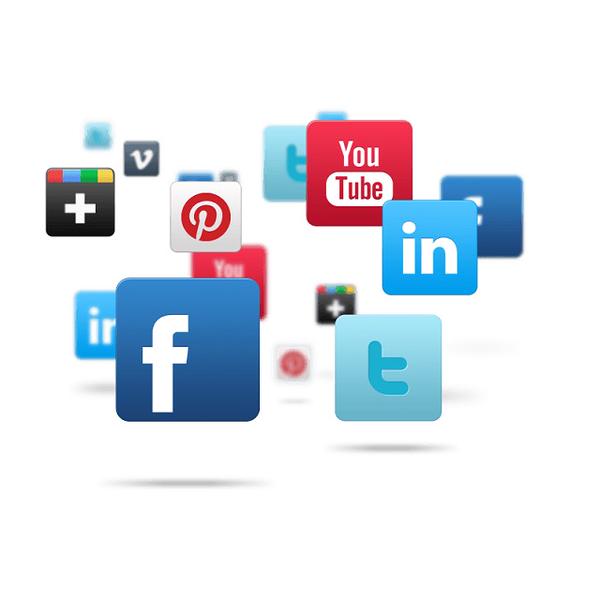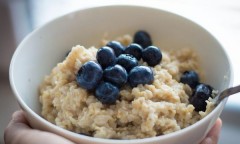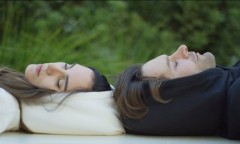By Steve Pak, | January 27, 2016

Social Network Logos
A new study shows that social media platforms such as Facebook, Twitter, Instagram, Google Plus, Pinterest, and others can prevent people from getting a good night's sleep. It found that social networks can disrupt people's sleep cycle and follows past studies that have shown mobile devices such as smartphones, tablets, desktops, and laptops can prevent people from getting enough shut-eye at night.
Like Us on Facebook
The research was conducted by the University of Pittsburgh School of Medicine, and was published in the online version of the journal Preventative Medicine. It included questionnaires of 1.788 United States adults between the ages 19 to 32.
Researchers focused on young adults who used certain social media sites/apps including Reddit, Snapchat, Vine, LinkedIn, and YouTube. Those who spent the most time on social media weekly or daily were most likely to have sleep disturbances.
The Pitt research team found that the participants spent an average of a little over an hour per day on social media. They also used it 30 times per week.
Over half of young adults had levels of sleep disturbance that were either medium or high. A total of 30 percent had high levels, according to Tech Crunch.
Lead author Jessica C. Levenson is a postdoctoral researcher at Pitt University's Department of Psychiatry. She stated in a news release that the study was the first one to focus on the link between social media and sleep among young adults, according to NBC News.
The results of the study are unclear. It is ambiguous if the young people could not get enough Z's because they were using social media; or if they were using social networks because of insomnia, which could cause more sleep problems. Both situations could be true.
A person's sleep cycle could be affected most by social media due to its interactive nature. The lead researcher explained its being fun and rewarding could prevent people from getting any slumber.
Levenson told NBC News through an email that more research is needed. It could find the link between social media and sleep disturbances, and learn if it affects other groups of people in the same way.
Here are some tips for falling asleep:
-
Use of Coronavirus Pandemic Drones Raises Privacy Concerns: Drones Spread Fear, Local Officials Say

-
Coronavirus Hampers The Delivery Of Lockheed Martin F-35 Stealth Fighters For 2020

-
Instagram Speeds Up Plans to Add Account Memorialization Feature Due to COVID-19 Deaths

-
NASA: Perseverance Plans to Bring 'Mars Rock' to Earth in 2031

-
600 Dead And 3,000 In The Hospital as Iranians Believed Drinking High-Concentrations of Alcohol Can Cure The Coronavirus

-
600 Dead And 3,000 In The Hospital as Iranians Believed Drinking High-Concentrations of Alcohol Can Cure The Coronavirus

-
COVID-19: Doctors, Nurses Use Virtual Reality to Learn New Skills in Treating Coronavirus Patients











